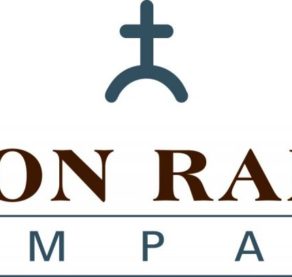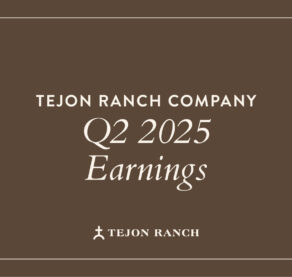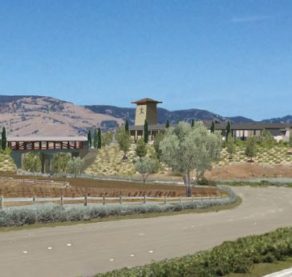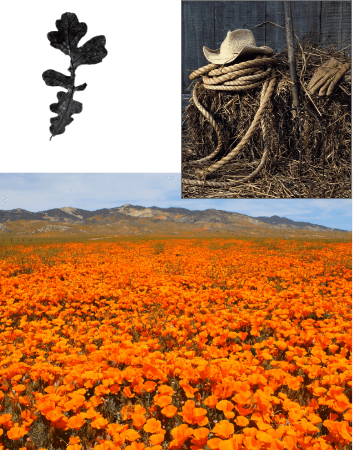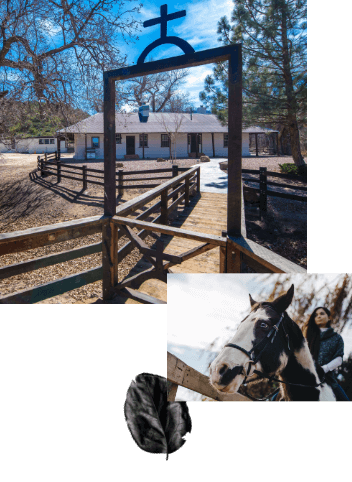Taking The Lead On Lead
Saturday, February 24, 2007
California Condor to Benefit from State’s First Voluntary Discontinuance of the Use of Lead Ammunition
• U.S. Fish & Wildlife Service, Audubon California and Tejon Ranch Company make historic joint announcement of voluntary elimination of use of lead hunting ammunition at Tejon Ranch. • Lead poisoning called the greatest obstacle to full recovery of condor.
Los Angeles (February 23, 2007) – Tejon Ranch Company today joined with the U.S. Fish & Wildlife Service and Audubon California to further protect the California Condor by announcing it would discontinue the use of lead hunting ammunition on Tejon Ranch, the 270,000-acre privately-owned ranch in California’s Tehachapi Mountains that is home to the state’s largest private hunting program.
While tremendous progress has been made in bringing the bird back from the brink of extinction, poisoning from lead ammunition is regarded as the single greatest threat to the continued recovery of the California Condor. Lead ammunition poses a threat to the condors when the birds eat carrion containing the bullet fragments. Today’s move by Tejon Ranch is the latest effort by the Ranch to help protect the condor, which has historically used portions of Tejon Ranch for foraging and roosting.
Effective with the 2008 hunting season, only non-lead ammunition will be allowed on Tejon Ranch, making it the first major private wildlife management program in the state to voluntarily require the use of non-lead ammunition. It covers all lead ammunition used in hunting. Tejon Ranch Company worked closely with the U.S. Fish & Wildlife Service, California Department of Fish & Game, Audubon California and several hunting and environmental organizations to design the new regulation.
“Twenty-five years ago the world”s population of California condors was only 23 birds,” said Steve Thompson, Regional Director of the U.S. Fish and Wildlife Service. “Today, through the efforts of many, 70 condors fly freely above California. Today”s historic decision by Tejon Ranch to eliminate lead from its hunting program is a major step forward in our efforts to recover this magnificent bird.”
“Tejon”s actions today not only protect the California condor from lead ammunition poisoning on the Ranch, but also demonstrate statewide that hunting and the protection of endangered species can go hand-in-hand,” said Joel Reynolds, Senior Attorney and Director of the Natural Resources Defense Council’s Urban Program. “NRDC applauds Tejon for its leadership on this issue, and we urge the State of California to take similar common sense action to protect this unique and highly endangered bird throughout its territory.”
“Requiring non-lead ammunition is the next step in Tejon Ranch”s ongoing efforts to protect the California condor, which started in the early 1980s when the Condor Recovery Team used Ranch land to capture some of the last remaining condors for the captive breeding program,” said Robert A. Stine, President and Chief Executive Officer of Tejon Ranch Company. “We have a 170-year history of stewardship on the Ranch, which means when we learn a better way to manage our land’s resources, we adapt. New studies make the risk imposed by lead ammunition very evident, so we decided to take the lead on this issue and discontinue the use of lead ammo on Tejon Ranch.”
The requirement to use non-lead ammunition will go into affect with the start of the 2008 hunting season, which will allow hunters time to obtain and test non-lead alternatives. From that point forward, all hunters allowed on the property through Tejon Ranch’s Wildlife Management Programs will be required to certify that they are using only non-lead ammunition; violators will be banned from hunting on the property.
More than 1,800 hunters come to Tejon Ranch each year to hunt such animals as deer, elk, antelope, wild pigs, wild turkey, coyotes, squirrels, pigeons, doves and quail.
“Kudos from Audubon to the Tejon Ranch for not only making the right decision, but for its leadership role in ending the use of lead ammunition on the ranch,” said Glenn Olson, Vice President and Executive Director for Audubon California. “As California”s largest private landowner, Tejon Ranch and its decision today highlights the role private landowners can play in conservation.”
